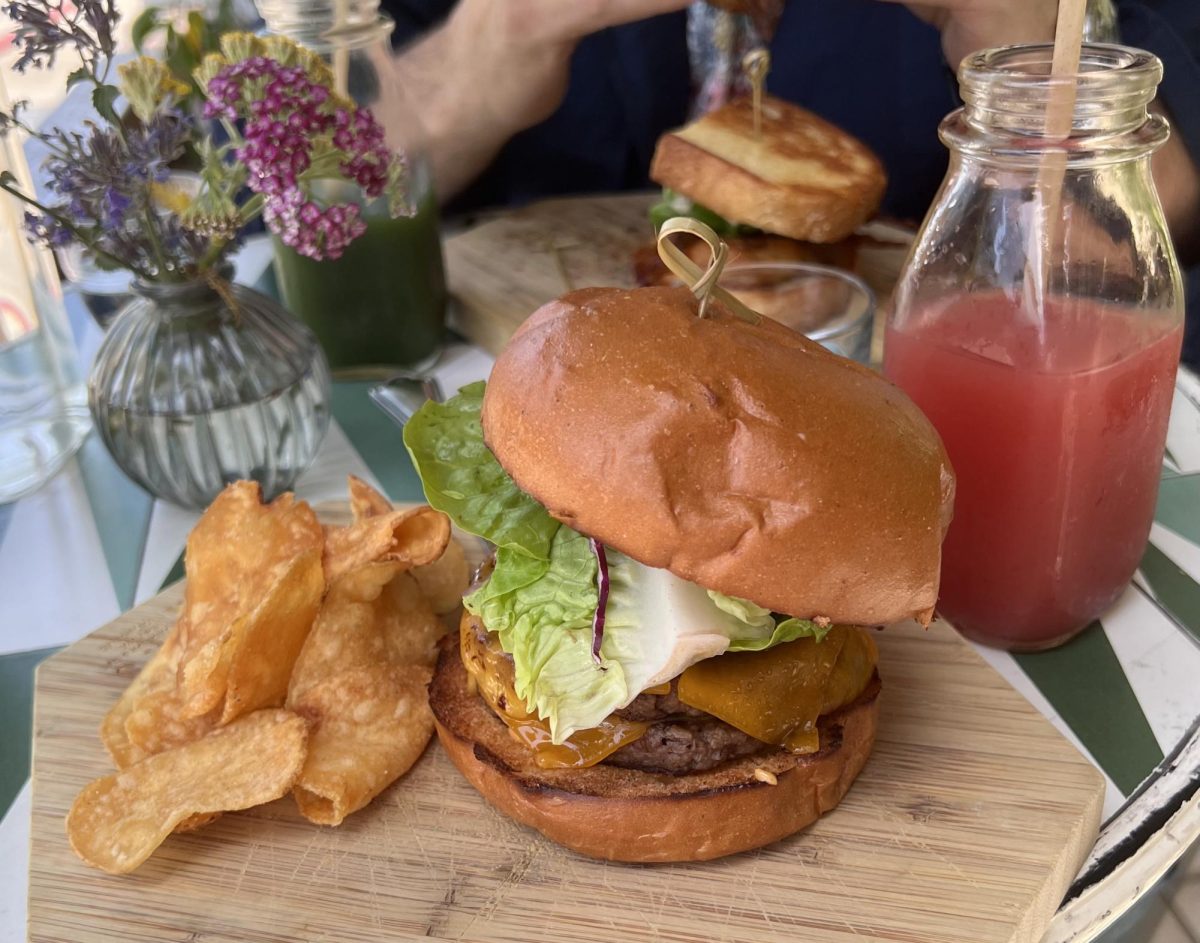The earth is changing and so is the food industry. Currently, the food industry accounts for 30 percent of carbon emissions. Although they are over 5,000 miles apart, Denmark and Los Angeles have both been exceedingly impactful in plant-based food movements working to limit this harmful environmental effect.
Denmark recently became the first country in the world to create a national plant-based diet action plan. They are allocating over $160 million to diversify crop production, train chefs, research every aspect of the food supply chain and develop more sustainable food items. Their goal is to reduce their greenhouse gas emissions by 70 percent by 2030. Denmark may inspire other countries to also move towards a more environmentally friendly way of eating. Not only does this plan highlight the importance of plant-based eating in reducing a country’s carbon footprint, but it also shows how vegan and vegetarian foods can actually improve the economy by creating new jobs and providing health benefits that lower the cost of health care.
Denmark is known for being one of the most exciting food capitals in the world with creative approaches in many of their restaurants. From vegetarian brunch spots like Atelier September to nine-course Michelin Green Star restaurants like ARK, many people in Denmark are constructing futuristic alternatives to classic meat and fish-heavy dishes. Denmark’s new initiative will only further its progress in limiting its greenhouse gas output. Meat products require much more water than plant-based products. In addition, animal waste, feeding and factory farms increase the amount of carbon and methane emissions produced.
Denmark is also famously eco-friendly. About 50 percent of their energy is derived from wind and solar power. Moreover, Denmark is creating more sustainable architecture throughout their cities. This includes their U.N. building with rainwater recycling, seawater cooling and solar panels, as well as their man-made ski slope, CopenHill, that turns trash into clean energy. They also encourage their residents to bike everywhere rather than take cars.
Los Angeles is also making strides. In October, LA just became the second U.S. C40 city (a group of international cities that have pledged to combat climate change) to endorse the Plant-Based Treaty, which will hopefully be added to the Paris Agreement, an international climate accord. The treaty will decrease animal farming and deforestation in order to support environmentally friendly plant-based products, plans and ecosystems. Another goal is to create a meat and methane tax. Furthermore, they want to have authentic carbon labeling on food products to make clear the impact of food on greenhouse gas emissions. They also want to end any new building or expansion of animal slaughterhouses and fish farms. Instead, they will subsidize biodiverse farms and subsidize produce to make it widely available to all communities of all incomes. Finally, they want to restore marine areas and grow more plants and community gardens. It is significant that Los Angeles endorsed the treaty because we are the largest city to do so, so hopefully we will inspire other communities to make this turn towards plant-based eating.
What’s more, many businesses in our local communities have made numerous innovative, sustainable vegetarian and vegan dishes available. One new company, Supernatural, New York (Insta: @eatsupernatural) creates completely vegan burgers and the most scrumptious cookies I’ve ever had. They additionally make delicious cheese and ice cream out of butternuts, cashews and almonds. In Los Angeles, Butcher’s Daughter on Abbot Kinney and Melrose makes steak out of cauliflower, crab cakes out of quinoa and sweet potatoes, and burgers made out of beets and kelp. Their entire menu is delectable and centered around cooking vegetables like meats and pressing them to make fresh juices.
You can make a difference too, by supporting these businesses and policies that are making changes in our food systems in order to limit global warming and climate change.






